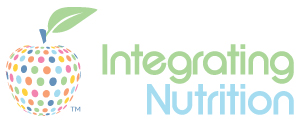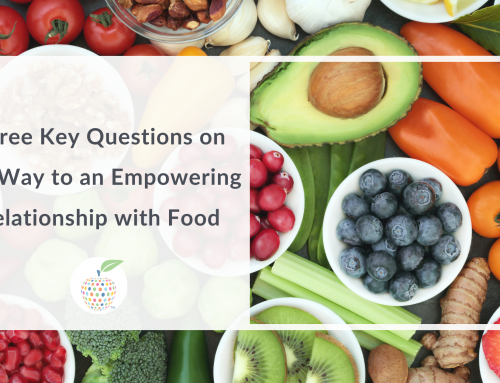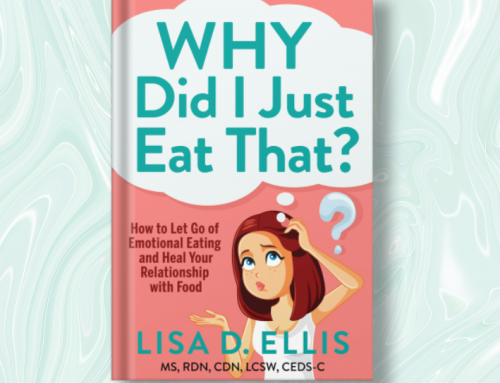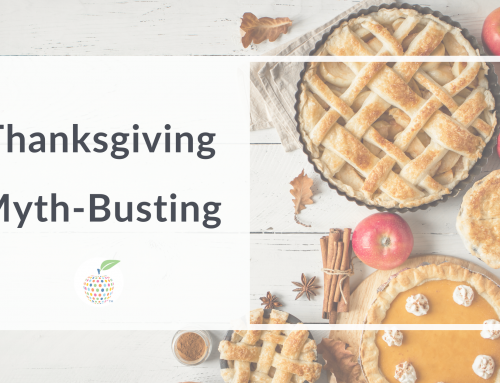In the Shadow of the Pandemic
Some anniversaries bring joy and celebration; others, not so much. This month’s blog falls in the “not so much” category.
Last week marks a year since the CoViD-19 pandemic started. The anniversary brings with it a heaviness, a sense of fatigue and—as vaccines roll out—a cautious optimism. Still, seeing a light at the end of the tunnel means that we are still in the tunnel.
CoViD’s negative fallout has affected us all differently. Many of us mourned the loss of our freedom and autonomy. Others lived in a persistent sensation of fear of getting CoViD, of loved ones getting CoViD. Too many are mourning friends and loved ones who died from the disease. One aspect that has become clear to me from a professional perspective is how this experience has adversely affected the nutrition strategies of so many people. For example, pediatricians worldwide have noticed an uptick in childhood eating disorders. In my own corner of the world, many people have spoken to me about their experiences. Here are a few things that I’ve observed:
People under stress often use food as a coping mechanism, so for this dynamic to emerge during the pandemic is certainly to be expected. Being stuck at one’s home at length also means being stuck near one’s kitchen. If you’re gonna be pacing around your place like a caged tiger, you’re likely to be frequently confronted with your fridge and pantry. If you found yourself continually rummaging through both, you’re not alone. Lots of people found themselves eating when they weren’t hungry, out of sheer boredom. Incidents of binge-eating have undoubtedly increased over the past year. Some people used cooking and recipe creation (no doubt inspired by hours of cooking TV shows) as a way to channel creative energies. For a while, baking yeast and sourdough starter were so popular, they were largely sold out and off of store shelves.
In a world where so much feels out of control, there is one thing we do have control over: how much food we put in our bodies. Incidents of binge-eating to quell anxieties have undoubtedly increased over the past year. We also have control over how much food we do not put in our bodies. Some people, as their stress and depression levels elevated, restricted their intake as their appetites diminished due to creeping feelings of depression. And others—their financial resources compromised by the fall-out of social distancing—experienced food-insecurity.
What Lies Ahead
In ways ranging from frustration to tragedy, this chapter in our history has affected us all. We all responded to it in ways determined by a combination of our personalities and circumstances. Some struggled, others found a way to thrive. It will take some time before we can make sense of the whole experience. We are already contemplating moving past many of the limitations imposed on us. Just what will make up elements of “normal life” is still an open question. One’s relationships with food and eating is one of those elements.
Lessons To Be Learned
The running theme of these blogs in 2021 has been “flexibility.” and that way of being has certainly been critical during the previous year. It will also be important going forward. For the many people who have seen their eating issues escalate, it will take equal measures of flexibility and self-forgiveness to regain a strategy that is healthy and fulfilling. Our heated emotions tend to speak louder than our gentle intuitions.
During a great period of worldwide upset, it is no wonder that there was so much emotion-triggered eating issue fallout. And as this pandemic recedes into memory, it will serve us all well to listen to that gentle wisdom within, and embrace eating intuitively: either again, or for the first time.





